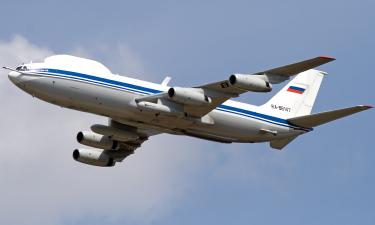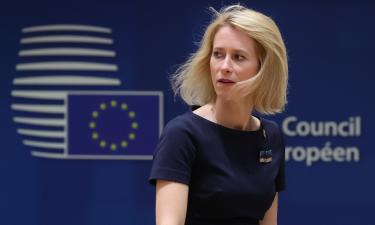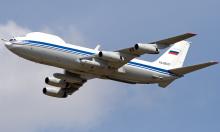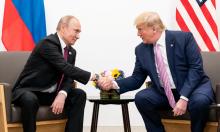Nursultan Nazarbayev to rule Kazakhstan again for another 7 years
Nazarbayev has been accused of receiving millions of dollars in bribes from an intermediary representing American oil companies
The preliminary results announced on Monday by the Central Election Commission showed that Kazakhstan's President Nursultan Nazarbayev has won with 91 percent of the vote in yesterday's election. 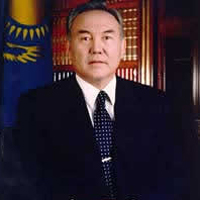
Zharmahan Tuyakbai, head of the main opposition group For a Just Kazakhstan, was Nazarbayev's closet rival, winning 6.6 percent, the Astana-based Central Electoral Committee said, citing preliminary results. An exit poll forecast Nazarbayev would get 78 percent.
Mr. Nazarbayev, 65, has dominated Kazakh political life since the last years of the Soviet Union. Nazarbayev has been running the Central Asian nation since 1989, campaigned to fight corruption, increase social spending and boost incomes in the 57-percent Muslim country where Chevron Corp., Exxon Mobil Corp. and other foreign oil producers have invested billions of dollars.
Opposition candidates contended that there was vote fraud, but suggested that they would not hold public protests or mass actions in this enormous Central Asian state, underscoring the strength of Mr. Nazarbayev, whom they have tried to portray as authoritarian and unfailingly corrupt. The opposition said it would prepare legal challenges instead.
Nazarbayev has been accused in federal court documents in New York of receiving millions of dollars in bribes from an intermediary representing American oil companies seeking rights to Kazakhstan's oil fields, in a case against an American businessman under the corrupt practices act. But he has also maintained popular support even as his critics have struggled to circulate word of the accusations in a nation in which the independent news media are severely restricted, according to The New York Times.
The assessment of international election observers likely will play a key role in how the opposition responds to the elections. A prominent mission led by the Organization for Security and Cooperation in Europe was due to issue its initial assessment later Monday, as was a group of observers from the Russian-led Commonwealth of Independent States.
Opposition candidates said their campaigns had been hindered by the theft of campaign materials, seizure of newspapers backing them and denial of access to attractive sites to hold rallies, the Washingtonpost.com reports.
Kazakhstan was a republic of the now extinct Soviet Union and is now a member of the Commonwealth of Independent States. Kazakhstan is the ninth-largest country in the world by area, but its semi-deserts make it only the 57th country in population.
The country has attracted billions of dollars of Western, Russian and Chinese investment as production from its oil fields grows. The Government of Kazakhstan plans to double its GDP by 2008 (compared to 2000) and triple by 2015 (compared to 2003). The GDP growth was stable in last five years, and was higher than 9% (the second fastest growing economy in the world in real terms).
Oil and gas is the leading economic sector. Production of oil and gas condensate in Kazakhstan amounted to 51.2 million tons in 2003, which was 8.6% more than in 2002. Kazakhstan raised oil and gas condensate exports to 44.3 million tons in 2003, 13% higher compared to 2002. Gas production in Kazakhstan in 2003 amounted to 13.9 billion cubic meters, up 22.7% compared to 2002, including natural gas production of 7.3 billion cubic meters, Kazakhstan holds about 4 billion tons of proven recoverable oil reserves and 2,000 cubic kilometers of gas.
Kazakhstan has stable relationships with all of its neighbors and is a member of the United Nations, Organization for Security and Cooperation in Europe, and North Atlantic Cooperation Council. It also is an active participant in the North Atlantic Treaty Organization's (NATO) Partnership for Peace program. Kazakhstan is also a member of the Commonwealth of Independent States and the Shanghai Cooperation Organization along with Russia, China, Kyrgyzstan, Tajikistan, and Uzbekistan. Kazakhstan, Russia, Belarus, Kyrgyzstan, and Tajikistan established the Eurasian Economic Community in 2000 to re-energize earlier efforts at harmonizing trade tariffs and the creation of a free trade zone under a customs union.
Source: agencies
Discuss this article on Pravda.Ru ENGLISH FORUM
Subscribe to Pravda.Ru Telegram channel, Facebook, RSS!

